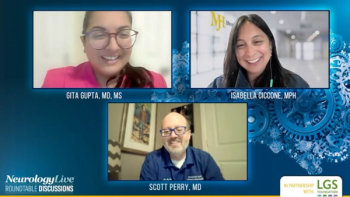
Experts discussed strategies to improve LGS clinical trial design, better understand comorbidities in rare epilepsies, and foster collaboration across stakeholders. [WATCH TIME: 5 minutes]

Experts discussed strategies to improve LGS clinical trial design, better understand comorbidities in rare epilepsies, and foster collaboration across stakeholders. [WATCH TIME: 5 minutes]

Experts discussed gaps in LGS research, including biomarker development, sleep assessment, and early intervention strategies to improve diagnosis and outcomes for patients. [WATCH TIME: 6 minutes]

Experts underscored that stakeholder collaboration, including clinicians, caregivers, and industry partners, can play a critical role in advancing understanding and management of LGS. [WATCH TIME: 3 minutes]

Experts discussed initiatives to standardize data collection, expand registries, and empower families in advancing care for Lennox-Gastaut syndrome. [WATCH TIME: 3 minutes]

Experts highlighted the need for clearer treatment sequencing and improved transition of care for patients with LGS from childhood to adulthood. [WATCH TIME: 3 minutes]
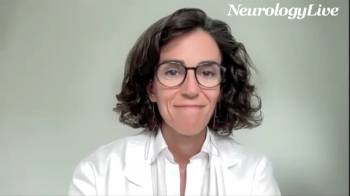
The head of the neurology department at Vall d’Hebron University Hospital provided perspective on how migraine treatment might advance in the near future, highlighting emerging pathways like PACAP antagonists and long-acting toxins. [WATCH TIME: 3 minutes]
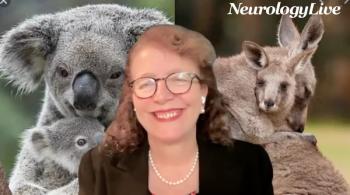
The laureate professor at the University of Melbourne detailed the design and promising results of the PACIFIC trial of bexicaserin, an agent in development for epileptic encephalopathies. [WATCH TIME: 4 minutes]
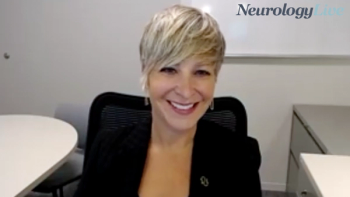
The vice president of scientific engagement at the Alzheimer's Association discussed new data on amyloid-targeting therapies, expanded diagnostic tools, and emerging clinical guidelines for Alzheimer disease presented at AAIC 2025. [WATCH TIME: 5 minutes]
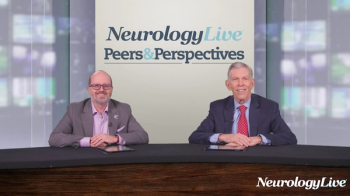
Panelists discuss how improving adoption of newer Dravet syndrome therapies requires early genetic testing by general neurologists who should then collaborate with specialized centers of excellence, maintaining local neurologist relationships for ongoing care while leveraging expert guidance on appropriate medication selection, dosing, and management to ensure that patients receive optimal treatment regardless of their geographic location.
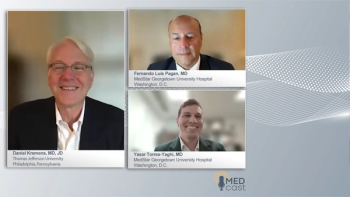
Panelist discusses how distinguishing between dyskinesia (choreiform, dance-like movements) and tremor in Parkinson disease is crucial for treatment decisions, as modern therapeutic options including extended-release amantadine, continuous subcutaneous delivery systems, and advanced formulations can now effectively manage both motor fluctuations and troublesome dyskinesias simultaneously.
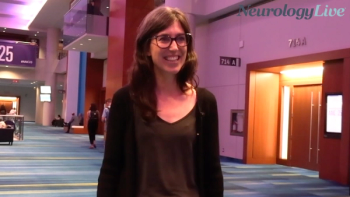
At AAIC 2025, the associate professor in the Department of Psychiatry at McGill University talked about the strengths and limitations of PET and blood biomarkers for Alzheimer disease. [WATCH TIME: 5 minutes]
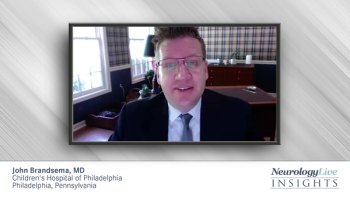
An expert discusses how proactive cardiac care should begin at diagnosis with regular monitoring, while pulmonary function typically peaks around age 8 to 10 before declining, requiring early intervention with breathing exercises and assistive devices before problems become severe.
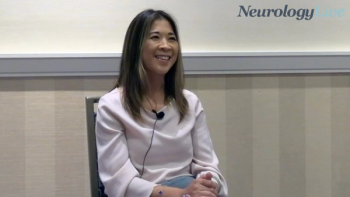
The physician assistant specializing in Parkinson disease talked about the shared decision-making process when discussing advanced therapies for movement disorder care with patients. [WATCH TIME: 3 minutes]

An expert discusses how a 16-year-old postambulatory DMD patient exemplifies typical challenges including social withdrawal and increasing care needs, emphasizing the critical importance of comprehensive interdisciplinary care teams despite families' perceptions of limited treatment options.
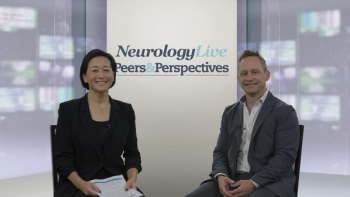
Panelists discuss how clinicians should approach OSA evaluation by clearly defining what brought the patient in, establishing that sleep apnea encompasses more than just breathing issues, taking a comprehensive snapshot of current symptoms, and framing the sleep study as the beginning rather than the end of the treatment process.
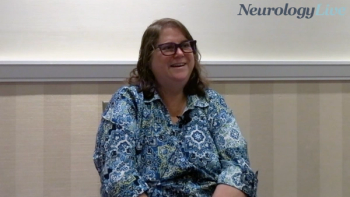
The nurse practitioner in the Center for Movement Disorders & Neurorestoration at the University of Florida discussed clinical experiences with deep brain stimulation for atypical MS tremor and PD. [WATCH TIME: 5 minutes]
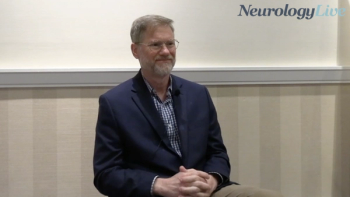
The director of the Movement Disorders Clinic at Houston Methodist Hospital outlined a stepwise approach for identifying, managing, and treating hallucinations in patients with Parkinson disease. [WATCH TIME: 3 minutes]
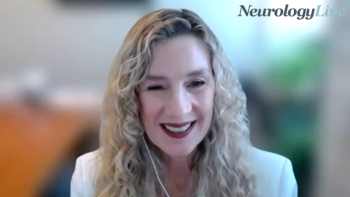
The director of the Adult Genetic Epilepsy Program at the University of Toronto talked about how to ensure a smooth transition from pediatric to adult epilepsy care for university students. [WATCH TIME: 4 minutes]
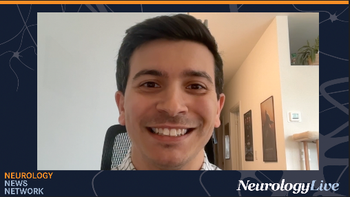
Neurology News Network. for the week ending August 30, 2025. [WATCH TIME: 4 minutes]
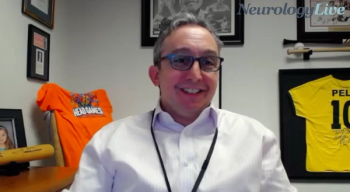
The director of the Norman Fixel Institute for Neurological Diseases at UF Health talked about prevention, understanding disease mechanisms, and creating a patient-centered care model in Parkinson disease. [WATCH TIME: 5 minutes]

The head of the neurology department at the Vall d’Hebron University Hospital shared thoughts and perspectives on significance of fremanezumab’s recently expanded approval, calling it a long-awaited breakthrough for treating pediatric migraine. [WATCH TIME: 3 minutes]

Panelists discuss how promising disease-modifying therapies including antisense oligonucleotide and viral vector treatments are currently in clinical trials and target the underlying SCN1A gene defect, rather than just treating seizure symptoms, showing encouraging results in seizure reduction and nonseizure outcomes such as language development, though these therapies will likely complement rather than replace existing medications when they become available in several years.
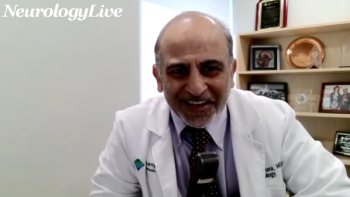
The neurophysiologist at Allegheny Health Network shared his clinical experience with tofersen in patients with SOD-1 ALS, while emphasizing the critical role of accessible genetic testing for patient identification. [WATCH TIME: 3 minutes]

Panelists discuss how despite newer medications such as cannabidiol, stiripentol, and fenfluramine being available for several years and recommended as first-line therapies, claims data reveal that only 7% to 25% of patients with newly diagnosed Dravet syndrome receive these treatments, with many clinicians still defaulting to older, less effective medications due to lack of practical guidance on dosing and titration protocols for the newer therapies.
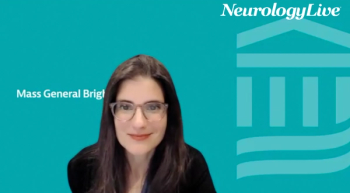
The vice chair of education for the department of neurology at Mass General outlined her AUPN 2025 session on supporting clinician educators through recognition, career development, and institutional frameworks for advancement. [WATCH TIME: 4 minutes]

An expert discusses how treatment for the 13-year-old patient should optimize standard care with cardiac and pulmonary monitoring while considering newer therapies like givinostat and casimersen, plus exploring research trials for gene transfer and muscle health approaches.

An expert discusses how genetic therapies like exon skipping and gene transfer aim to restore dystrophin function but face challenges in delivering complete protein restoration and achieving equivalent effectiveness across skeletal, cardiac, and pulmonary muscles.

The director of the Norman Fixel Institute for Neurological Diseases at UF Health highlighted the need for equitable, worldwide access to levodopa for patients with Parkinson disease. [WATCH TIME: 6 minutes]
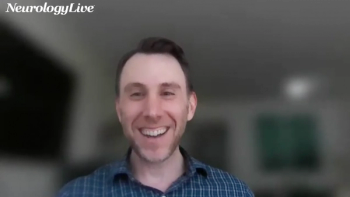
The neurologist at Maimonides Medical Center and SUNY Downstate shared how interactive simulations give neurology trainees the chance to practice skills, gain feedback, and move beyond passive learning. [WATCH TIME: 3 minutes]

Panelists discuss their excitement about future treatments, such as orexin agonists and nighttime approaches to sleep-wake balance, but express concern that insurance barriers and approval difficulties may prevent patients from accessing even the most effective new medications.